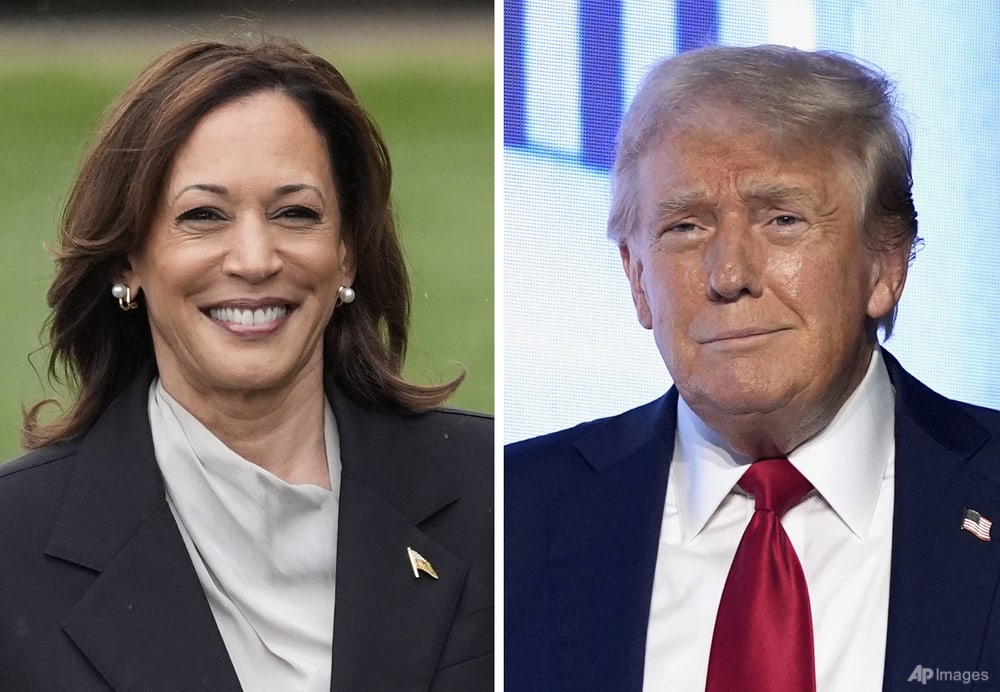Climate Conversations Podcast: If she wins, could Kamala Harris bring some 'green' to the White House?
Ms Kamala Harris has years of green credentials on her resume. But now as she runs for president, will being strong on climate change help or hinder her chances?
.jpg?itok=GRdWhhY7)
Hosts Jack Board and Liling Tan bring years of expertise covering climate change and sustainability to this weekly podcast. A one-stop shop for news, views and interviews.
If elected, US Vice President Kamala Harris will need to thread the needle between being strong on climate change and not upsetting hugely influential big oil and gas companies.
Jack Board discusses her prospects with NYU climate and energy expert Dr Carolyn Kissane.

Here's an excerpt from the podcast:
Jack Board:
For Kamala Harris, do you think she would be potentially more aggressive on Big Oil, for example, would she be harder on environmental justice? We know in the past, she's been against certain trade deals that didn't have strong environmental protections in place, and she's also been against sanctions on certain products like solar panels.
How do you see her pushing the needle on climate if she emerges as the next president?
Dr Carolyn Kissane:
It's a very fine line in the United States for a politician when it comes to energy and climate. In the past, as you pointed out, she has prosecuted Big Oil. She's taken Chevron, ConocoPhillips, and ExxonMobil.
She has pushed very hard for environmental justice. She did that as a senator in support of the Green New Deal, which did not pass, but she was very strongly in support of, and she was the deciding vote on the passing of the IRA (Inflation Reduction Act).
The interesting point, and this is where you have to be aware of in the United States as a politician in the position that Harris is in, is that the US is currently the largest oil and natural gas producer in the world. This is generally run by the private sector; we don't have a natural oil and natural gas company.
So that's where Biden was challenged. You have this really strong oil and gas production, and you have some of those climate-forward legislations and funding for clean energy. It was hard for Biden to thread the needle on the messaging on that.
Harris is viewed (as) more climate-forward, historically being harder on Big Oil. However, as the nominee, it would be a mistake for her to come out as an ardent opponent of Big Oil and gas. They are, one, a very large lobby.
And two, it's very scary for most Americans to imagine that their energy prices will be higher.
I think her campaign has to sort of balance being an advocate for addressing climate change while not coming across as being very anti-hydrocarbons and hydrocarbon production in the United States.













